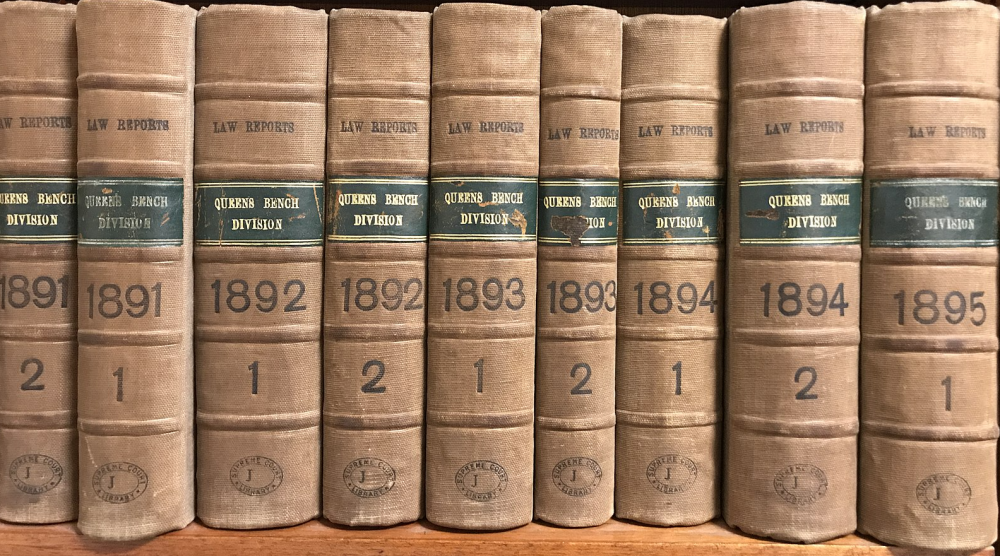Mercury Tax Group Limited v HMRC: Difference between revisions
Amwelladmin (talk | contribs) No edit summary |
Amwelladmin (talk | contribs) No edit summary |
||
| Line 25: | Line 25: | ||
The court found that this language necessarily involves that the signature and attestation must form part of the same physical document constituting the deed. Additionally, the fact that the parties ''intended'' them to be deeds, rather than that they were ''required by law to be'' deeds (in order to have legal effect) was what mattered: “the fact remains that the parties intended them to be deeds and their validity must be judged on that basis”. | The court found that this language necessarily involves that the signature and attestation must form part of the same physical document constituting the deed. Additionally, the fact that the parties ''intended'' them to be deeds, rather than that they were ''required by law to be'' deeds (in order to have legal effect) was what mattered: “the fact remains that the parties intended them to be deeds and their validity must be judged on that basis”. | ||
{{sa}} | |||
*[[Deed]] | |||
*[[Signed, sealed, delivered]] | |||
{{ref}} | {{ref}} | ||
Revision as of 11:13, 15 June 2022
|
The Jolly Contrarian Law Reports
Our own, snippy, in-house court reporting service.
|
In Mercury Tax Group Limited and Darren Neil Masters v HMRC (2008) EWHC 2721[1] the claimant operated a tax avoidance scheme — and at this point let us cite our common observation that little old ladies, welsh hoteliers, and tax dodgers make bad law, so en garde — and the respondent Tax Man executed a series of dawn raids calling to mind an era of brigands, derring-do, sword-fights on the poop-deck and the general kind of mischief and high-jinks one doesn’t readily associate with the proper accounting for imputation credits, but good luck to them all the same.
Tax avoidance being the right side of an unbright line, and evasion the wrong side of it, these raids were, we supposed designed to uncover evidence of flaws in the scheme’s implementation that might cross it from one side to the other. The best that the Revenue could come up with was shortcomings in formalities regarding execution of client documentation.
“It is common ground before me that ... the client was asked at some time in early or mid November to sign incomplete drafts of each of these three documents; and that, when fresh documents in final form came to be executed, he was not asked to sign those versions but instead the signature pages from the drafts were detached and stapled to the final version with the intention that that should constitute his signature to that version.”
This sounds a bit squiffy. Some of the changes between draft and final were blobs — there is something to be said that these imply some sort of forward consent to the later insertion of variables — but others were substantial changes, “unheralded by any blanks or square brackets in the drafts”
“The Claimants say that the procedure followed – i.e. of obtaining the client's signature to a draft but subsequently transferring it to the final version – is ordinary office practice and wholly unobjectionable. HMRC say that it impugns the essential validity of the documents; and, further, that it is and was reasonable to suspect that the Claimants were aware that this was so but hoped to conceal from them that they had proceeded in this way.”
The claimants pointed to extraneous correspondence that indicated that the client knew about and acceded to the variations, such that it implicitly, if not expressly, authorised those changes, and failing that that the changes were, from the customer’s point of view, immaterial.
“He referred me to the decision of the Court of Appeal in Raiffeisen Zentralbank Osterreich AG v Crossseas Shipping Ltd [2001] 1 WLR 1135, which he said was authority for the proposition that in the case of written contracts an alteration to the contract after signature did not invalidate it unless it was material in the sense of being ‘potentially prejudicial to the legal rights or obligations of the affected party’: that, he said, was plainly not the case here.”
The court, alas for the tax dodgers, was having none of it.
“... I believe that the common understanding is that the document to be signed exists as a discrete physical entity (whether in a single version or in a series of counterparts) at the moment of signing. The significance of this is not entirely talismanic (though it would not affect my view even if it were): the requirement that a party sign an actual existing authoritative version of the contractual document gives some, albeit not total, protection against fraud or mistake.”
If that were not enough, the document was intended to be a deed, meaning section 1(3) of the Law of Property (Miscellaneous Provisions) Act 1989 came into play, which provides:
1(3) An instrument is validly executed as a deed by an individual if, and only if –
The court found that this language necessarily involves that the signature and attestation must form part of the same physical document constituting the deed. Additionally, the fact that the parties intended them to be deeds, rather than that they were required by law to be deeds (in order to have legal effect) was what mattered: “the fact remains that the parties intended them to be deeds and their validity must be judged on that basis”.
